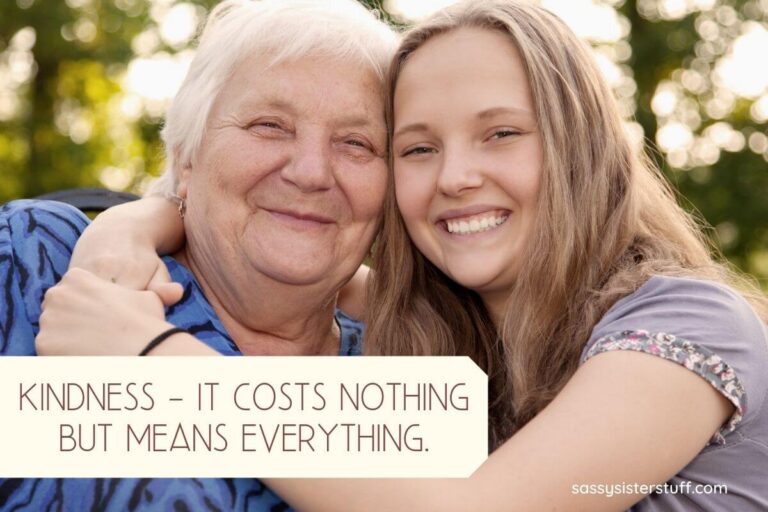12 Social Mistakes That Make You Seem Rude (Even If You’re Not)
Navigating social situations can be tricky, especially when certain actions unintentionally give off the wrong impression. You might think you’re being polite, but sometimes small habits or misunderstandings can make you come across as rude.
Understanding these common social mistakes can help you communicate more effectively and avoid awkward misunderstandings. Knowing what behaviors to watch for is the first step in making sure your intentions are clear and your interactions feel respectful to others.
Not making eye contact

When you avoid eye contact, people might think you’re uninterested or distracted. It can give the impression that you’re not fully engaged in the conversation.
This doesn’t mean you have to stare continuously. Brief, natural eye contact shows you’re paying attention and respects the other person.
If you find it hard to hold eye contact, try looking near the person’s eyes instead. This helps you appear focused without feeling uncomfortable.
Ignoring a greeting

When someone says hello, it’s a small moment that shows respect. If you don’t acknowledge it, others may think you’re uninterested or unfriendly.
Sometimes you might be distracted or unsure if the greeting was meant for you. Still, a simple nod or smile can clear up confusion.
Responding to greetings builds a positive connection, even when you don’t feel like chatting. It’s a polite way to show you see and value the other person.
Checking your phone while talking

When you check your phone during a conversation, it can seem like you’re not fully interested. Even a quick glance can make the other person feel ignored.
You might be expecting an important message, but your body language says otherwise. Showing your full attention helps build trust and respect.
If you need to look at your phone, it’s better to excuse yourself briefly. This way, you avoid hurting feelings and keep the conversation genuine.
Interrupting others mid-sentence

When you interrupt someone while they are talking, it can come across as dismissive or impatient. It might make the other person feel like their thoughts aren’t valued.
Even if your intent is to add to the conversation, pausing until the other person finishes shows respect. Waiting helps you fully understand their point before responding.
Try to catch natural breaks in the conversation to share your ideas. This small change can improve how people perceive you and make your interactions smoother.
Not saying please or thank you

When you forget to say please, your request may come across as a demand. It can make others feel unappreciated or overlooked, even if that’s not your intention.
Thank you shows appreciation and respect. Skipping these words can accidentally make people think you are rude or ungrateful.
Using please and thank you builds positive connections. It doesn’t take much effort but goes a long way in social interactions.
Try adding these simple words to your daily conversations. They make your communication smoother and friendlier.
Talking over someone

When you talk over someone, it can feel like you’re not really listening to them. Even if you don’t mean to be rude, interrupting can make others feel dismissed or unimportant.
Try to wait for a natural pause before adding your thoughts. This shows respect and gives the other person space to express themselves fully.
If you catch yourself interrupting, a quick apology and letting them continue helps fix the moment. Remember, good conversations happen when everyone feels heard.
Not acknowledging personal space

You might not realize how close you stand to others, but invading personal space can make people uncomfortable. Everyone has their own comfort zone, and ignoring it can come across as disrespectful.
If you lean in too much during conversations, it might seem like you’re being pushy or aggressive. Taking a small step back helps others feel at ease.
Pay attention to body language. If someone steps away or shifts uncomfortably, it’s a sign to give more space. Respecting personal boundaries shows you care about others’ feelings.
Failing to respond to messages

When you don’t reply to texts or emails, people might think you’re ignoring them. Even if you’re busy or don’t know what to say, a quick response shows you care.
Leaving messages unanswered can create misunderstandings. Others may feel unimportant or assume you’re upset with them.
If you can’t give a full reply right away, sending a brief note to acknowledge the message helps. It keeps communication open and respectful.
Avoiding small talk

You might think skipping small talk shows confidence, but it can come off as cold or uninterested. People often use small talk to build comfort before deeper conversations.
If you jump straight to serious topics, others might feel rushed or unsure how to respond. Even simple comments about the weather or surroundings can create rapport.
Try to engage in light talk, even if it feels trivial. It signals you’re open and paying attention, which helps others connect with you naturally.
Not smiling when appropriate

When you don’t smile during social interactions, people may think you’re uninterested or unfriendly. Even if you feel neutral, a simple smile can make a big difference in how others perceive you.
Smiling shows you’re engaged and approachable. It helps put others at ease and encourages positive communication.
You don’t have to smile constantly, just in moments where it feels natural, like greetings, small talk, or thanks. It signals warmth without needing words.
Turning away while someone is speaking

When you turn away while someone is talking to you, it can feel like you’re not interested in what they’re saying. Your body language shows a lack of attention, even if you’re listening carefully.
It’s easy to get distracted or look elsewhere, but staying facing the speaker helps them feel respected. Small actions, like nodding or making eye contact, show you’re engaged.
If you need to look away, try to explain or apologize briefly. This keeps communication clear and prevents misunderstandings about your intentions.
Overusing sarcasm

When you use sarcasm too often, people might have a hard time understanding your true intentions. What you mean as a joke can come across as dismissive or hurtful.
Not everyone interprets sarcasm the same way. Some may feel you’re being rude or insincere, even if that’s not your goal.
Try to balance sarcasm with clear and honest communication. This helps others feel respected and reduces chances of misunderstandings.







